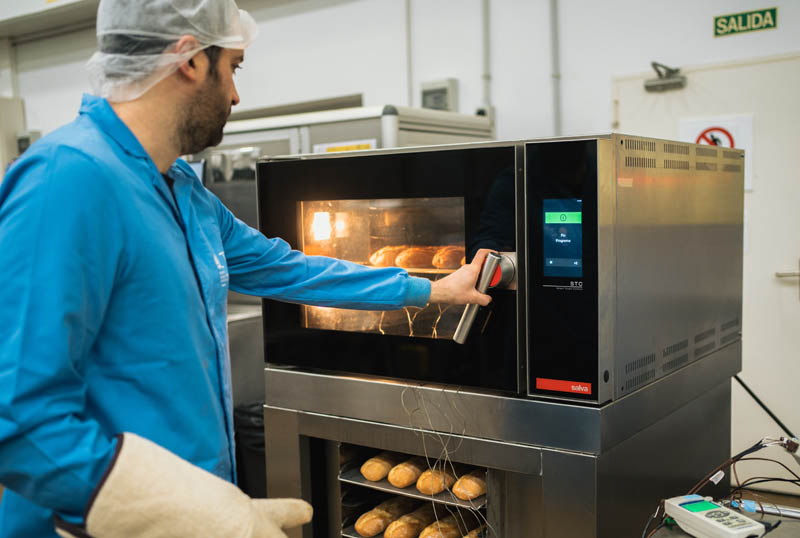COACHILD: what lessons can we learn from the app to reduce childhood obesity?
Últimas noticias
AZTI Researcher Ángel Borja Receives Prestigious Odum Award for International Scientific Career
Una mirada LGTBIQ+ al reino animal
Circular Economy in Action: Valorisation of By-products through Projects like PRIMA NEWFEED
Childhood obesity is one of the most serious public health problems of our century, with prevalence increasing at an alarming rate. At nation level, 35% of children between ages 8 and 16 are over the recommended weight, of whom 20.7% are overweight and 14.2% obese, with those living in lower socio-economic families most affected. This, in turn, increases the risk of developing non-communicable diseases such as diabetes and cardiovascular disease at an earlier age.
Despite measures taken at European level to reduce childhood obesity, the proportion of children who are overweight or obese remains worryingly high. For this reason, it is worth focusing on education in healthy habits in the younger population.
The EIT FOOD funded COACHILD project has developed a mobile application (e-coach) to help and empower children and their families to improve their knowledge about food and make better food choices to reduce the risk of obesity.
There are many mobile applications for children to improve their literacy on healthy diet However, few of these mobile apps have been designed according to needs and preferences of children or families. This is what COACHILD does. AZTI in collaboration with KU Leuven and Grupo AN have developed a mobile application prototype to address in a proof of concept (the factors that increase the risk for obesity in vulnerable and socially disadvantaged children living in European regions with high prevalence of childhood obesity, in particular Spain (RIS country).
The application was designed based on the results of three focus groups conducted with young people aged 9 to 14 and was tested with 57 children aged 10 to 13. The results provided insights into children’s interests and barriers to improving their knowledge about nutrition.
With all the knowledge generated in this first proof of concept, the application is expected to be further developed as a communication channel for children to self-assess themselves and also to connect with their environment.
The entire development process of this application designed to reduce childhood obesity and the results obtained are available in this factsheet.








